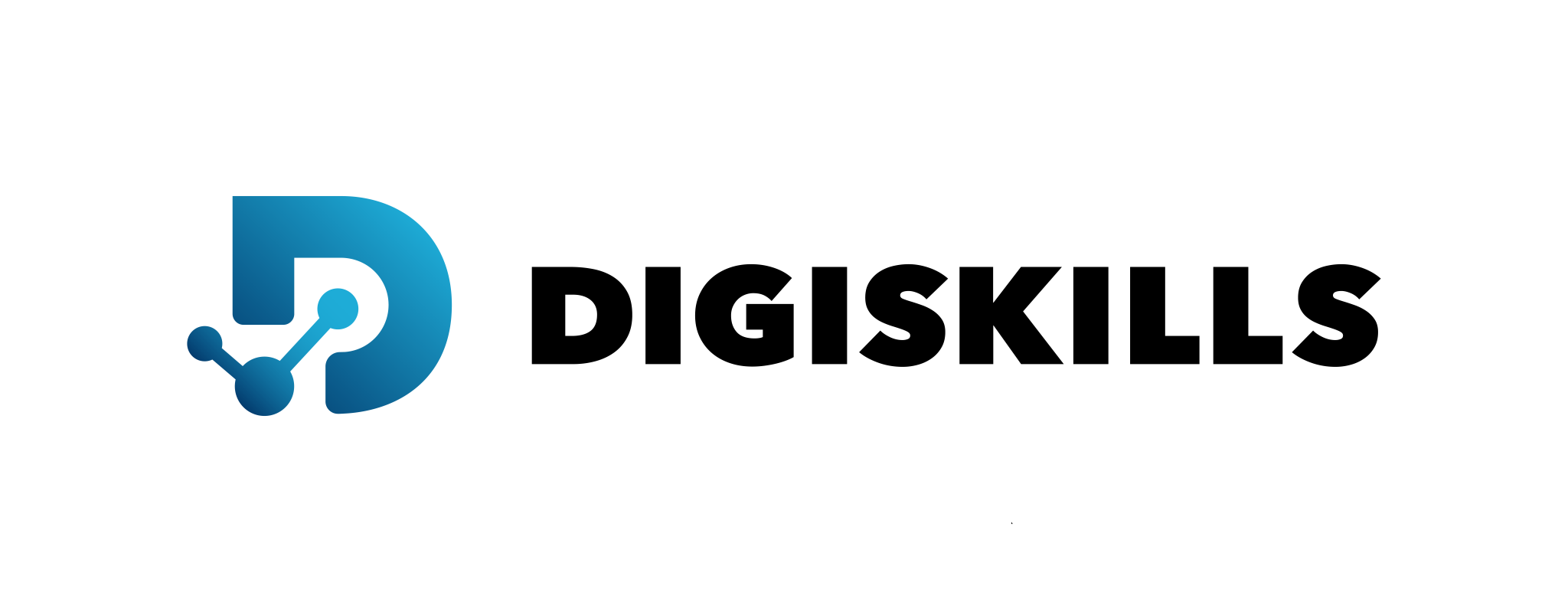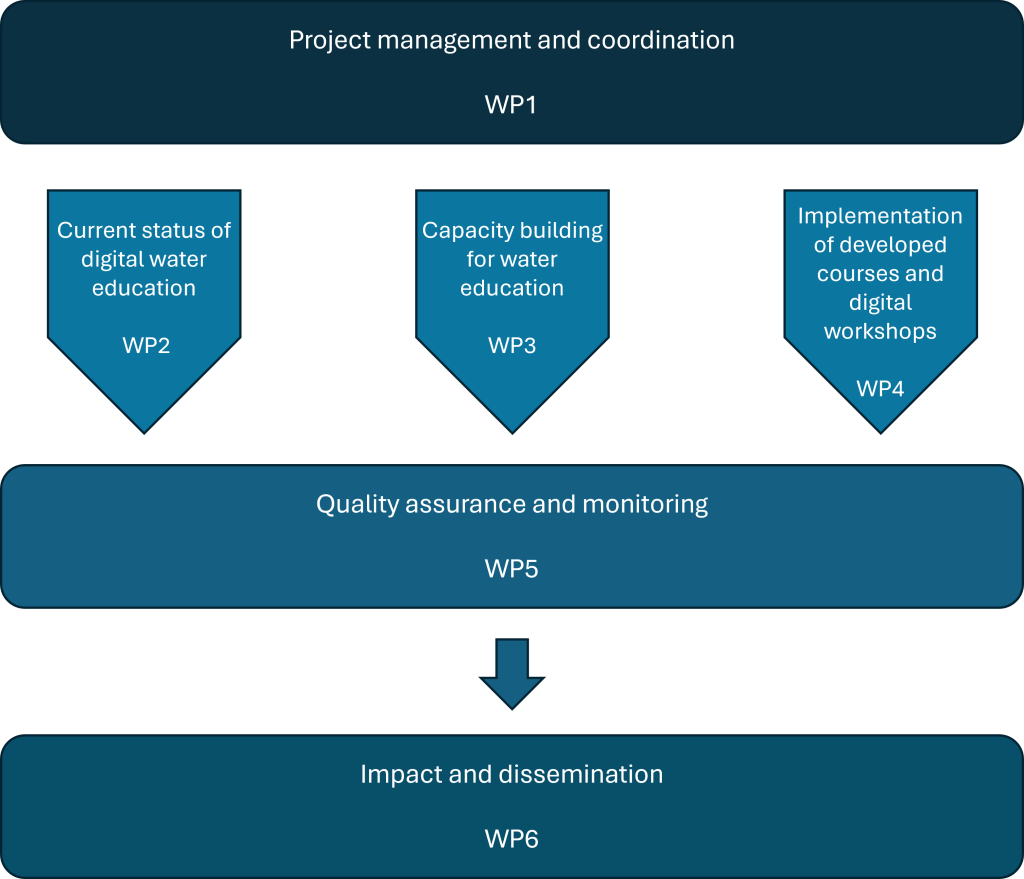Monday – Friday: 8:00 – 18:00 Hrs
Phone: +47 6723 1619
E-mail: waternorway@nmbu.no

Strengthening digital skills in the water sector higher education

Funded by the European Union. Views and opinions expressed are however those of the author(s) only and do not necessarily reflect those of the European Union or the European Education and Culture Executive Agency (EACEA). Neither the European Union nor EACEA can be held responsible for them.
Train teaching staff on using digital solutions in their classes and provide modern equipment and software for digital transformation.
Improving the quality of water education in Moldova and Ukraine by developing digital skills and transferring innovative technologies and best practices from EU Member States.
The project will enhance the quality of teaching, modernize education systems, and support students in acquiring better competencies.
WP 1 “Project management and coordination” led by NMBU
WP2 “Current status of digital water education” led by UGAL
WP3 “Capacity building for water education” led by TUM
WP5 “Implementation of developed courses and digital workshops” led by NUWEE
WP6 “Quality assurance and monitoring” led by UNI
WP7 “Impact and Dissemination” led by USM.

The project supports strengthening the competitiveness of the EU water sector through talent and innovation in higher education according to the Strategic framework for European cooperation in education and training (ET 2020). It also addresses revitalisation of educational focus towards the growing mismatch between the digital competences graduated students acquire and the demand on the labour market accounting for the water digitalisation trend and supporting development towards a Digital Single Market.
The project focuses on digital technology for teaching and learning, developing digital competences and skills, and improving education through better data analysis and foresight meeting the goals of the EU Digital Education Action Plan. Curricula analysis demonstrates a clear skills mismatch related to the employers’ expectations, while intelligent use of digital tools in education may reduce the gap.
Both targeted third countries not associated to the Programme involved in the DIGISKILLS project (Moldova and Ukraine) have accepted the development of education using ICT as one of the priority areas of higher education. During the theme-based training organized by EU Member States and third countries associated to the Programme HEIs, teaching staff will be introduced to how to implement and use up-to-date digital solutions in the practical part of their teaching activities. The most advanced equipment and software will be purchased for digital transformation purposes. Therefore, modernisation of HEIs through enhancing the teaching and digital capacities is one of the DIGISKILLS objectives.
The wider objective of the DIGISKILLS project is to improve the quality of water education in Moldova and Ukraine through the development of digital skills and application of the digital transformation in line with the adopted digital higher education strategies.
The specific objectives of the DIGISKILLS project are:
Phone: +47 6723 1619
E-mail: waternorway@nmbu.no

